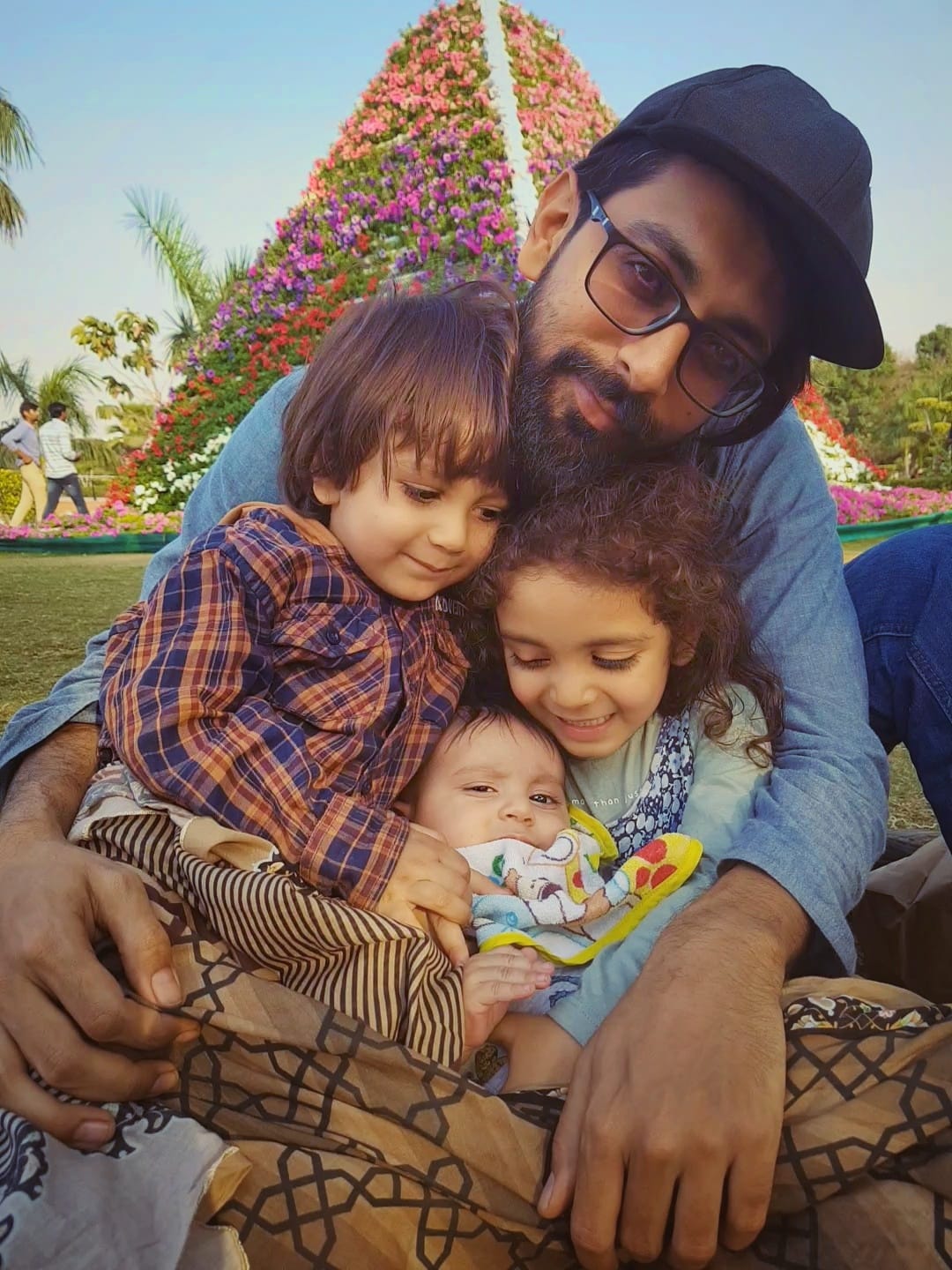In Germanic Healing Knowledge (GHK), arthritis is seen not as a purely physical condition but rather as the result of unresolved emotional conflicts that impact specific areas of the body. According to GHK, arthritis develops when there is a conflict related to self-devaluation that is specific to the affected joint, leading to degeneration or inflammation during what GHK refers to as the healing phase.
Key Aspects of Arthritis in GHK:
- Self-Devaluation Conflict:
- GHK attributes arthritis to self-devaluation conflicts, where a person feels a lack of worth, inadequacy, or failure in some area of their life. This often ties to the area of the body involved—specific types of devaluation tend to affect specific joints.
- For example:
- Shoulder arthritis may be linked to feeling “unable to shoulder responsibilities.”
- Finger arthritis could relate to feeling “clumsy” or “unable to do things correctly.”
- Knee arthritis might relate to feeling incapable of moving forward in life or bending to situations or others.
- Impact of Self-Devaluation:
- When a self-devaluation conflict is active, it affects the connective tissues in the body, which include cartilage and joints. In the initial “conflict-active” phase, these tissues degenerate as a biological response to perceived inadequacy.
- In GHK, this initial phase of tissue breakdown can be invisible, as pain and inflammation generally arise only once the conflict is resolved.
- Healing Phase and Inflammation:
- Once the conflict is resolved or addressed, the body enters a healing phase, in which inflammation, swelling, and pain can occur as part of the body’s repair mechanism. This phase is responsible for the typical symptoms of arthritis.
- GHK views this inflammation as a natural healing response rather than a condition to be “stopped.” This is why pain may increase during healing, signaling the body’s attempt to rebuild the joint.
- Resolution and Healing:
- Resolving the underlying self-devaluation conflict is considered crucial for managing arthritis from a GHK perspective. By addressing the feelings of inadequacy or self-criticism that originally triggered the condition, one can support the completion of the healing phase.
- Approaches like emotional awareness, self-compassion practices, and support in reframing self-devaluation beliefs can help in resolving conflicts and allowing the body to fully heal.
GHK Approach to Arthritis:
In this view, arthritis is not an incurable condition but rather an indication of unresolved self-devaluation that, when addressed, allows the body to complete its natural healing cycle. This perspective suggests that managing arthritis involves more than pain relief; it’s about addressing emotional conflicts to enable true healing.

